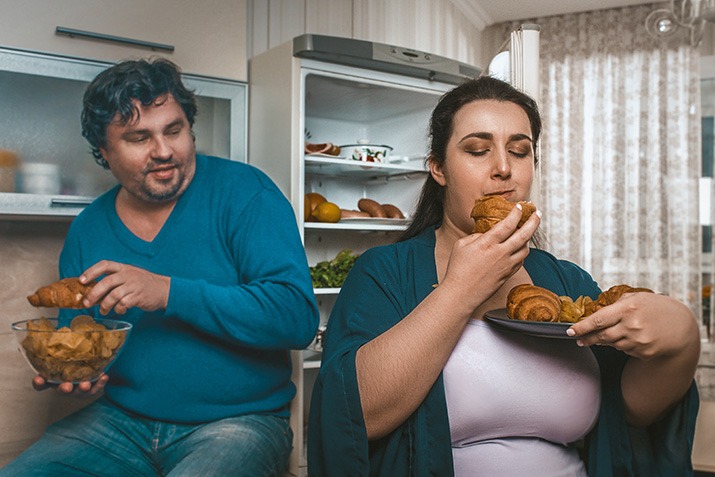If you’re having trouble sleeping, you’re not alone—especially if you’re an older American. A study from the National Sleep Foundation found that a shade under 40% of people age 65 and older wake up a lot during the night.
To compound things, another study found that caloric intake increases by an average of 22% on the day after you don’t get enough sleep (four hours or less). This is because the part of your body that controls your hunger cues can be set out of whack when you’re running on little sleep. To make matters worse, these foods can also be contributing to overall sleep troubles.
Cooperstown Center for Rehabilitation and Nursing has details on five of the worst things to eat before sleep.
- Caffeinated Drinks (Coffee & Soda)
Caffeine will keep you awake, which is obvious, but what you may not know is that the stimulating effects of the drug can last from anywhere from eight to 14 hours. That’s why experts recommend cutting out the caffeine after lunch in order for it to be out of your system by bedtime.
- Dark Chocolate
Dark chocolate is one of the most complete foods you can eat (in moderation, of course!), so you may think it’s okay to snack on some before bed. Dark chocolate, however, contains caffeine—the equivalent of about 3 ounces of coffee in a 1-ounce serving of dark chocolate.
- Alcohol
You might associate of a glass of red wine or a shot of liquor as a way to wind down before bed, and you may in fact fall asleep faster, but alcohol prevents the body from getting into a REM cycle, which is where restful sleep occurs. This is why having alcohol before bed can lead you to waking up throughout the night.
- Spicy Foods
Spicy foods usually will increase your metabolism, which can prevent your body from winding down when it’s ready to sleep. Hot foods can also raise your core temperature, which naturally cools at night, so this can cause you to wake up more during the night.
- Water
If you find that you didn’t drink enough water during the day, don’t try to make up for it at night. If you do, you’ll likely have to wake up during the night to use the bathroom. Experts suggest spreading out water intake during the day and tapering off around three hours prior to bedtime. So if you didn’t hit your water goals, you’re better off waiting until tomorrow to start fresh than trying to catch up at night.
To learn more about Cooperstown Center for Rehabilitation and Nursing and all of the services they offer, visit http://cooperstown-center.facilities.centershealthcare.org






